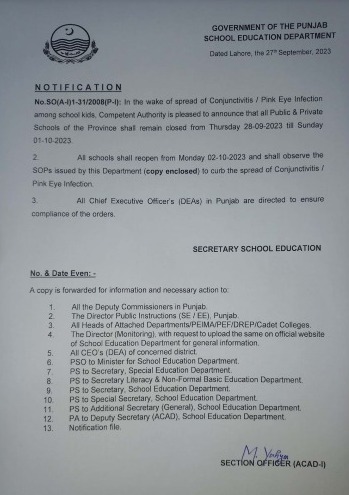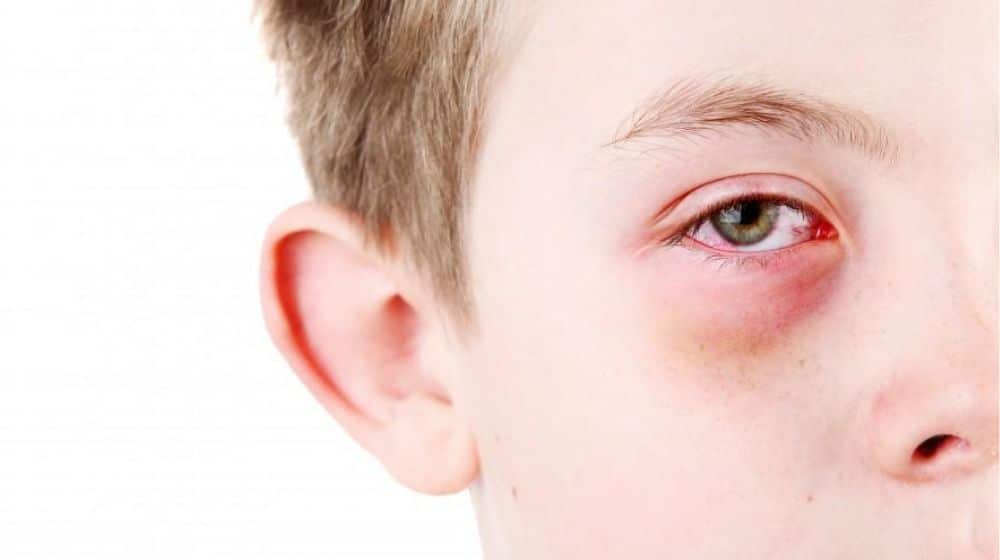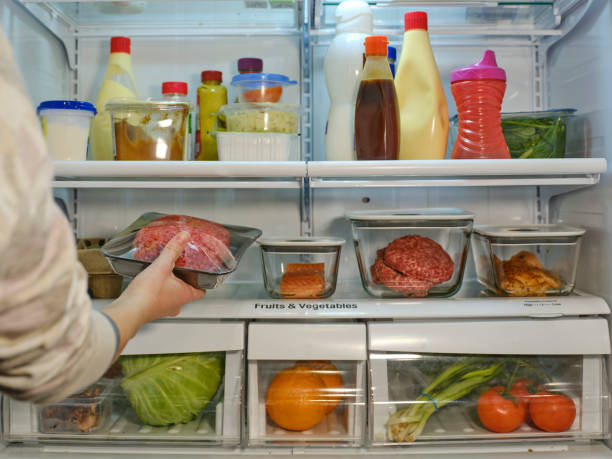Pink Eye Infection, also known as conjunctivitis, is an inflammation of the conjunctiva, which is the thin, transparent membrane that lines the eyelid and covers the white part of the eye. It is a common and highly contagious infection that can be caused by viruses, bacteria, or allergies.
Symptoms of pink eye (Conjunctivitis)
The most common symptoms of pink eye(conjunctivitis) include:
Redness in one or both eyes
Itching or burning sensation in the eyes
Watery eyes
Discharge from the eyes, which may be clear, yellow, or green
A feeling of having something in the eye
Sensitivity to light
Swollen eyelids
Punjab government announcement

The Punjab government in Pakistan has announced two-day holidays for all schools in the province due to an increase in pink eye infections. The holidays will be on Thursday, September 28 and Friday, September 29, 2023.
The decision to close schools was made in order to curb the spread of the highly contagious eye disease. During the break, schools will be deep-cleaned to further reduce the risk of transmission.
Students will return to school on Monday, October 2, 2023.
It is important to note that the Punjab government is the only provincial government in Pakistan that has announced school holidays due to pink eye infection. Other provincial governments have not yet made any announcements.
Parents are advised to check with their local school administration to confirm whether or not their child’s school will be closed on September 28 and 29, 2023.
Related blog
Sale of Avastin Injection Banned!
Causes of pink eye(conjunctivitis)
The most common cause of pink eye is a virus, such as the common cold virus or adenovirus. Bacterial pink eye can also be caused by bacteria such as Staphylococcus aureus or Streptococcus pneumoniae. Allergic pink eye is caused by an allergic reaction to substances such as pollen, dust mites, or pet dander.
How pink eye spreads
Pink eye (conjunctivitis) can spread easily from person to person through contact with infected eyes, tears, or nasal discharge. It can also spread through contact with contaminated objects, such as towels, bedding, or eye drops.
Risk factors for pink eye (conjunctivitis
Anyone can develop pink eye, but some people are at higher risk than others. This includes:
Children
People who wear contact lenses
People who live or work in crowded conditions
People who have allergies
People who have weakened immune systems
Treatment for pink eye
Most cases of pink eye go away on their own within 7 to 10 days. However, there are some things you can do to relieve your symptoms and help prevent the spread of the infection, such as:
Apply a cold compress to your eyes for 10 to 15 minutes at a time
Use artificial tears to keep your eyes moist
Wash your hands frequently with soap and water
Avoid rubbing your eyes
Avoid sharing towels, bedding, or eye drops
If you have bacterial pink eye, your doctor may prescribe antibiotic eye drops or ointment
Prevention of pink eye
There is no surefire way to prevent pink eye, but there are some things you can do to reduce your risk, such as:
Wash your hands frequently with soap and water
Avoid touching your eyes
Avoid sharing towels, bedding, or eye drops
If you have allergies, try to avoid your allergens
If you wear contact lenses,then make sure to clean and disinfect them properly
Pink eye in Pakistan

Pink eye is a common problem in Pakistan, especially during the summer months. This is likely due to a number of factors, including hot and humid weather, overcrowding, and poor sanitation.
In recent years, there have been a number of outbreaks of pink eye in Pakistan. For example, in 2023, there was a major outbreak of pink eye in the city of Lahore, with over 500 cases reported in a single day.
The Pakistani government is taking steps to address the issue of pink eye, such as increasing public awareness of the disease and providing free treatment to those who need it. However, more needs to be done to improve sanitation and hygiene in order to reduce the risk of pink eye outbreaks.
What to do if you or your child has pink eye
If you or your child develops pink eye, it is important to see a doctor to get a diagnosis and treatment plan. In most cases, pink eye will go away on its own within a week or two. However, if you have bacterial pink eye, you will need to take antibiotics to prevent the infection from spreading.
Here are some additional tips for managing pink eye (conjunctivitis):
Wash your hands frequently with soap and water.
Avoid touching your eyes.
Apply a cold compress to your eyes for 10 to 15 minutes at a time.
Use artificial tears to keep your eyes moist.
Avoid sharing towels, bedding, or eye drops.
Stay home from work or school until your symptoms improve.
If you have any questions or concerns about pink eye, please talk to your doctor.








0 Comments